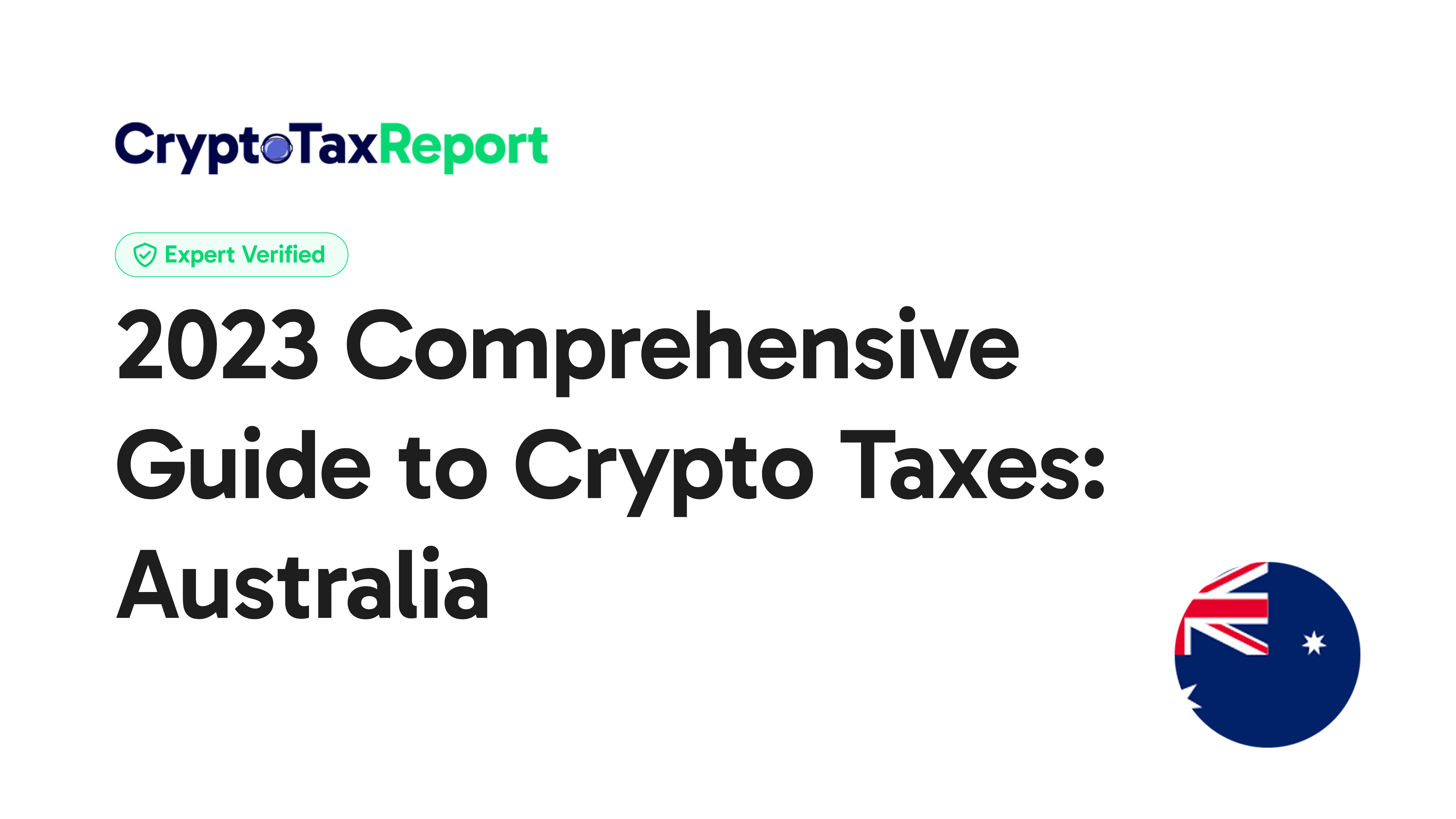Do You Need to Pay Tax on Bitcoin and Other Cryptocurrencies in Australia?
Absolutely. In Oz, the ATO views cryptocurrency as a form of property, attracting both capital gains and income tax.
Capital Gains vs. Ordinary Income
Capital Gains Tax (CGT):
When you flog off your cryptocurrency – be it through a sale, trade, gift, or for making a purchase – that’s when CGT kicks in. The capital gain is the difference between what it was worth in Aussie dollars when you got it and when you got rid of it.
Calculating Crypto Gains:
Remember, you can factor in exchange fees and blockchain network fees to either increase your cost basis or decrease your gross proceeds, potentially lowering your CGT.
Income Tax:
If you’ve pocketed some crypto through work, mining, staking, or other avenues, it’s taxable. The income is based on the market value of the cryptocurrency at the time you received it.
Can the ATO Track My Crypto?
Yep, they sure can. Since 2019, the ATO’s data-matching program lets them access data from crypto service providers. So, there’s no playing hide and seek with the ATO when it comes to your crypto gains and income.
How Much Tax on Crypto in Australia?
The tax you cop depends on your income levels during the tax year. There’s a handy breakdown by income level available.
For those hodling their cryptocurrency for more than a year, there’s a nifty 50% long-term capital gains discount.
Tax-Free Transactions:
Not every crypto transaction is taxable down under. Holding crypto, shuffling it between your wallets, and receiving crypto gifts are all tax-free activities.
Lowering Your Crypto Tax Bill:
Here’s a few cheeky (but legal) tactics to minimise your tax:
- Report losses: They can offset your gains.
- Hold for over a year: Cop a 50% discount on your capital gains tax.
- Donate: You can deduct crypto donations to registered charities.
- Gas/transaction fees: Adding these to your cost base can reduce your capital gain.
Investor or Trader: How Are You Taxed?
This is a biggie. Your tax differs based on whether you’re seen as an investor or a trader by the ATO. Traders cop income tax, while investors deal with capital gains tax.
Crypto Tax Software
Crypto Tax Report can sort your crypto taxes out, making it a breeze. We have the ability to generate a compliant ATO myTax Report in minutes. Get Started
Lodging Your Crypto Taxes
Got your tax stuff sorted? You have a few options:
- DIY: Manually lodge your taxes.
- Crypto Tax Report: This software integrates your transaction history, generating necessary reports in a snap.
- Accountant: Let a pro handle it, using the reports from Crypto Tax Report.
Reporting Capital Gains and Income
You need to report your net capital gains under section 18 of the Aussie tax forms. Cryptocurrency income goes on Question 2 of the forms.
Deadlines and Penalties
Don’t miss the deadline for your tax year. Late lodgement can cost you a fair bit in penalties. For individuals, the deadline is October 31, 2023, covering the fiscal year from July 1, 2022, to June 30, 2023.
Strapped for Cash?
If you’re in a pickle and can’t afford your tax bill, the ATO offers payment plans for those owing less than $100,000.
FIFO, LIFO, HIFO
Your accounting method (FIFO, LIFO, HIFO) affects how you calculate your gains. Investors can choose, but traders are stuck with FIFO.

